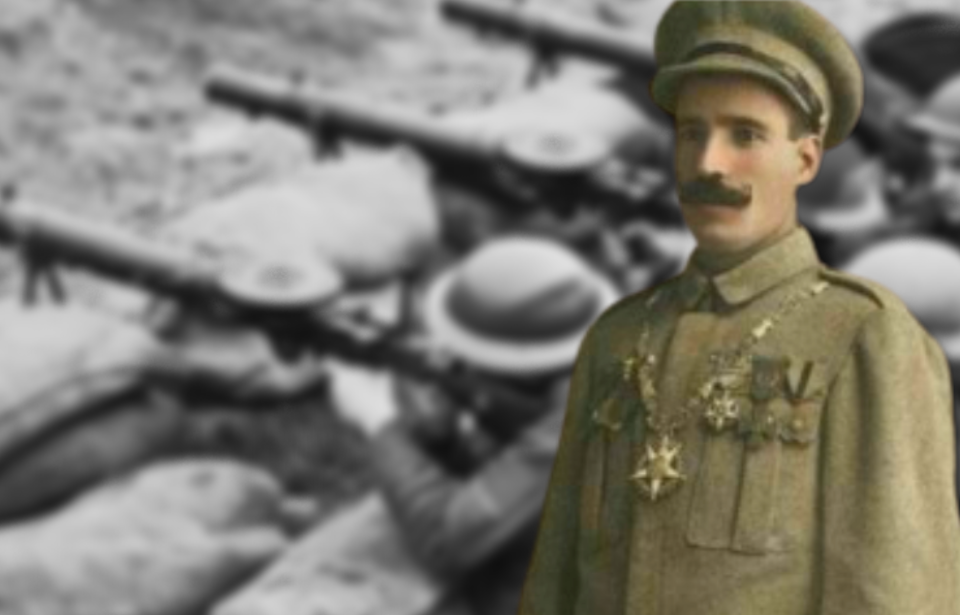On April 9, 1918, Aníbal Augusto Milhais and his comrades with the 2nd Infantry Division of the Portuguese Expeditionary Corps were embroiled in the intense Battle of the Lys. The bombs and artillery were unrelenting as Milhais lay in the second trench of the Allied line. He was shocked by what happened next, and the events that followed changed his life forever, proving just how fearless he was and making him Portugal’s greatest war hero.
Portugal’s unexpected role in the First World War
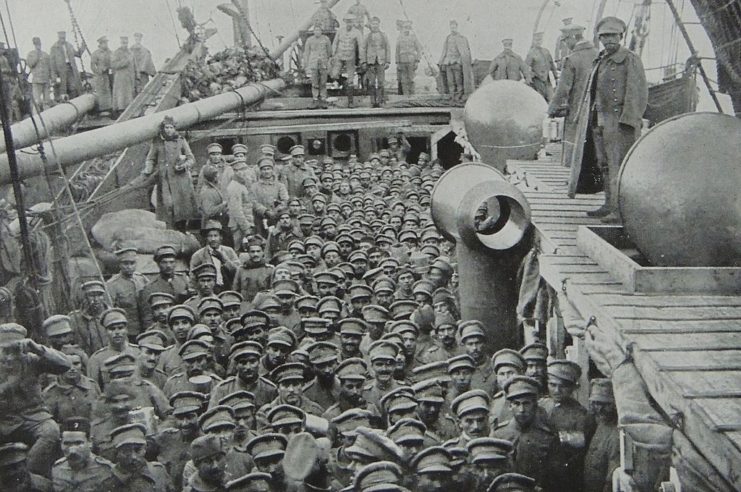
Not much is known about Aníbal Augusto Milhais’ early life, other than he was born on July 9, 1885 in northern Portugal. He was drafted into the Infantry of Bragança in the summer of 1915, and two years later deployed to France with the Trás os Montes Brigade, part of the 2nd Infantry Division of the Portuguese Expeditionary Corps.
Portugal’s role in World War I was different from other Allied forces. The country had initially remained neutral, but hostilities arose between it and Germany, due to U-boat activity in the Atlantic Ocean and Portugal’s wish to comply with British requests for aid. Things came to a head when Portugal seized German vessels at the country’s ports, leading Germany to declare war on March 9, 1916.
An unexpected attack by the Germans
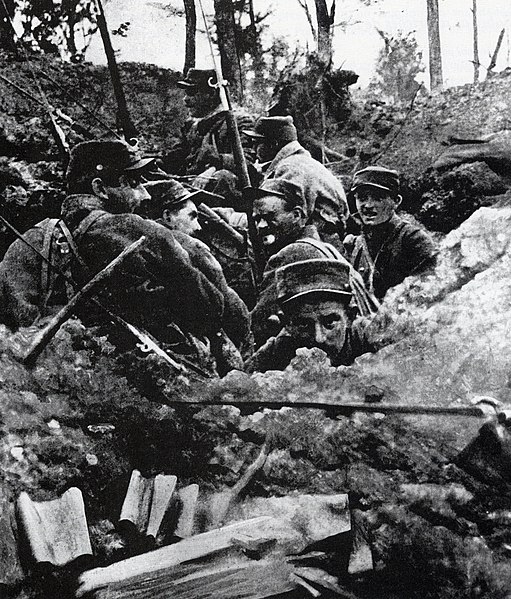
In the months leading up to the Battle of the Lys, the 2nd Infantry Division was worn down by constant German bombardments and raids, contributing to casualties and extreme fatigue. The battle began on April 7, 1918, but everything came to a head in the early hours of April 9.
Aníbal Augusto Milhais settled in a dugout in the second trench along the Allied front, and he stayed low as the bombs and shells continued to pummel the area around him. Eventually, the heavy shelling subsided to nothing more than the sound of thunder in the distance – but Milhais knew there wasn’t a storm rolling in. He looked out from behind the trench, trying to see past the thick fog that settled over No Man’s Land.
Aníbal Augusto Milhais fought off a German advance on his own
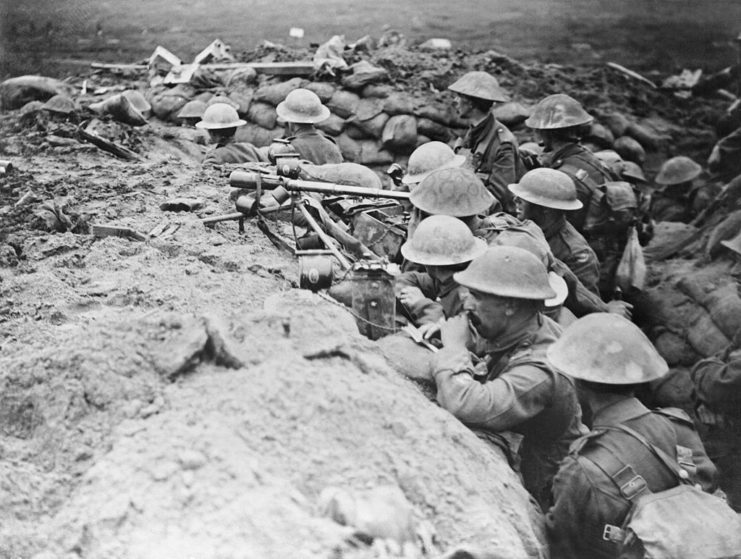
As gunfire rang out, Aníbal Augusto Milhais ran through the trench system and leaped across a large hole to get to a road on the other side. Ducking behind a dirt wall, he found several soldiers hiding from the Germans, many of them without guns to defend themselves.
Enemy troops, armed with guns and bayonets, approached the group, and Milhais told the others to run to safety while he covered their retreat. His Lewis gun was superior to the German rifles and quickly decimated the approaching men, single-handedly stopping the German advance for a time.
Aníbal Augusto Milhais found himself alone behind enemy lines
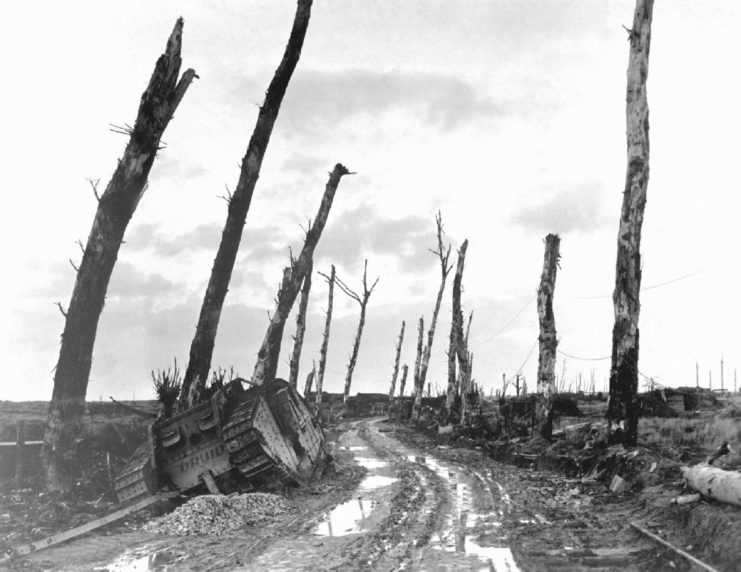
Aníbal Augusto Milhais ran out of ammunition and started moving beyond the trenches in search of escape. Eventually, he found an abandoned piece of canvas draped on the ground next to a dead horse. He covered himself with it before the enemy stormed past him in search of the retreating Portuguese.
After hours spent hiding, Milhais emerged and found himself totally alone behind enemy lines. He dashed across the open field and into the cover of a nearby forest, making his way back toward Allied lines. While traveling, he found an unharmed Scottish major stuck in a swamp. Milhais rescued him, and the two men continued back to the frontlines together.
Three days after the battle began, the two finally made it back to their units.
The soldier ‘worth a million men’
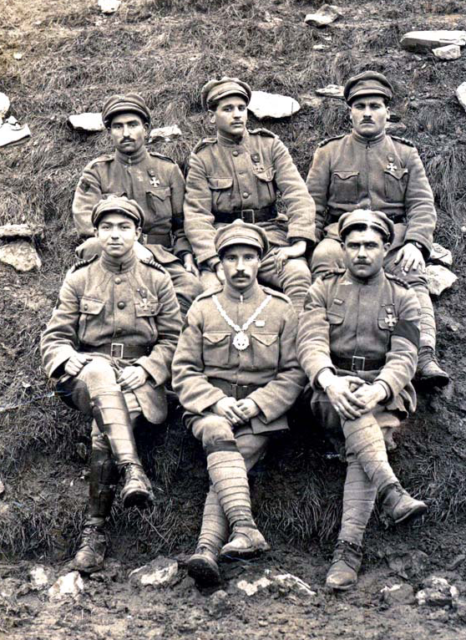
Throughout the remainder of the First World War, Aníbal Augusto Milhais continued to fight with honor and distinction, at one point laying down suppressive fire to allow a Belgian unit to make it to a secondary trench without any casualties. For his actions, he was awarded Portugal’s highest military distinction, the Order of the Tower and of the Sword, of Valour, Loyalty and Merit, as well as the French Légion d’Honneur, presented to him on the battlefield in front of 15,000 Allied soldiers.
He was even affectionately known as the soldier “worth a million men.”
